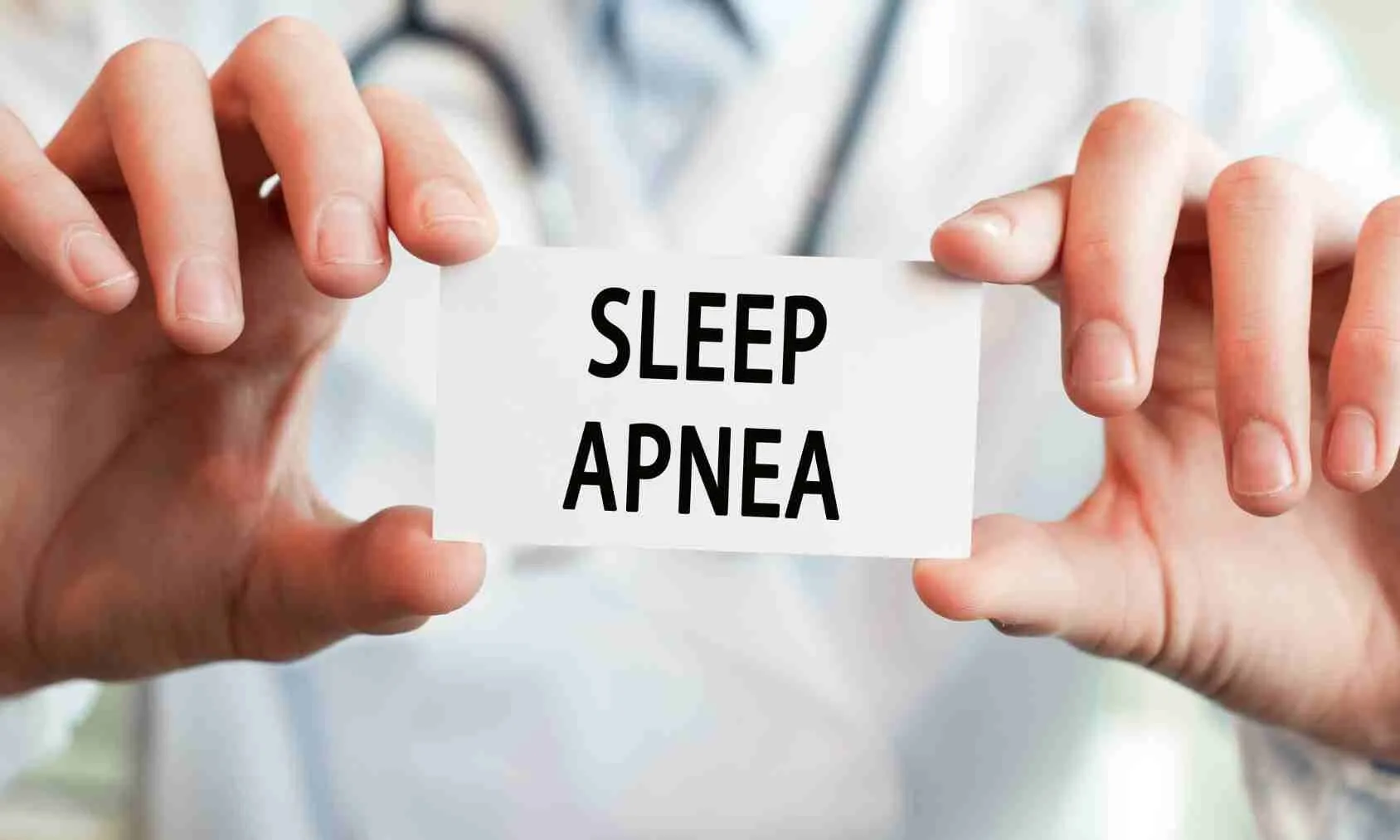Sleep Apnea and Dementia: Understanding the Connection and Sleep Advances

The Impact of Sleep Apnea on Dementia
Sleep apnea, particularly obstructive sleep apnea, has been identified as a significant factor in the development of dementia among elderly women. A study by Michigan Medicine emphasizes that those affected face elevated risks, impacting their overall well-being.
Exploring Sleep Disorders
- Sleep apnea is a serious sleep disorder that disrupts normal sleep patterns.
- Both men and women are affected, but the impact varies significantly.
- Linkages to cardiovascular disease make addressing this disorder critical.
Without proper diagnosis and management, individuals may experience exacerbated health issues, including a higher likelihood of developing dementia.
Recognizing Symptoms and Seeking Help
- Persistent fatigue or daytime sleepiness.
- Frequent snoring or sudden pauses in breathing during sleep.
- Difficulty focusing or memory problems.
If you or a loved one experiences these symptoms, consulting a health professional is vital. Understanding the relationship between sleep disorders and cognitive decline is key to improving health outcomes.
Disclaimer: The information provided on this site is for informational purposes only and is not intended as medical advice. We are not responsible for any actions taken based on the content of this site. Always consult a qualified healthcare provider for medical advice, diagnosis, and treatment. We source our news from reputable sources and provide links to the original articles. We do not endorse or assume responsibility for the accuracy of the information contained in external sources.
This article was prepared using information from open sources in accordance with the principles of Ethical Policy. The editorial team is not responsible for absolute accuracy, as it relies on data from the sources referenced.